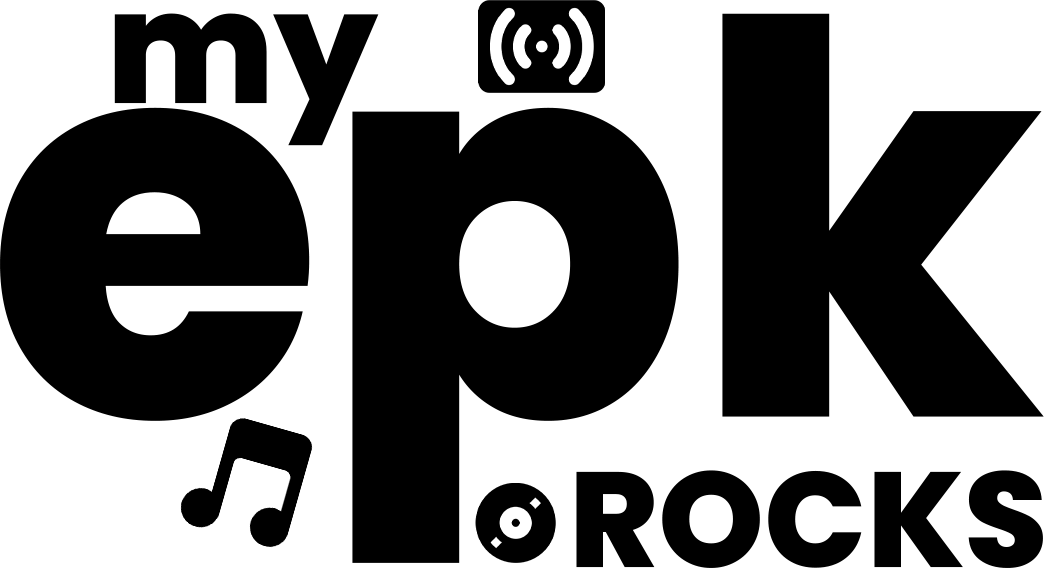Alright, buckle up, future rockstars (and pop phenoms, and hip-hop heroes)! It’s 2026, and if you’re still trying to promote your band like it’s 2016, you’re basically screaming into a void full of cat videos and algorithm-fueled dance trends. The music industry, as you know, is a relentless beast, always shapeshifting, always demanding adaptation. And promoting your band? That’s not just about flyers and MySpace profiles anymore (RIP, friend).
So, let’s dive into the new rules of engagement for promoting your music in 2026. Forget the old playbook; we’re writing a new one, together. This isn’t some dry marketing lecture; it’s a conversation between artists, for artists. We’re here to get real, get creative, and get your music heard.
Rule #1: Forget Genres (Mostly). Embrace “Moods & Vibes.”
Okay, hold on, I know. You pour your heart and soul into crafting a specific sound. You’re a “neo-psychedelic funk fusion” band, dammit, and you want the world to know it! I get it. But the average listener in 2026 isn’t thinking in terms of rigid genres. They’re curating playlists based on moods and vibes: “Chill Study Beats,” “Road Trip Anthems,” “Late Night Feels,” “Workout Energy.”
Think about how you listen to music. Are you really saying, “I’m in the mood for some strictly grunge today”? Or are you more likely to think, “I need something angsty and energetic”?
Action Item:
- Deconstruct Your Sound: What emotions does your music evoke? What activities does it complement? Brainstorm a list of potential moods and vibes that align with your music.
- Optimize Your Metadata: When you upload your music to streaming platforms, pay close attention to tagging and genre selection. Instead of just selecting “rock,” think about subgenres and moods. Use keywords like “upbeat,” “melancholy,” “intense,” “relaxing,” “driving,” etc.
- Curate Mood-Based Playlists: Create playlists on Spotify, Apple Music, etc., that feature your music alongside similar artists. This helps you tap into existing listener habits and get discovered by people already seeking the vibe you’re offering. This is called “Playlist Marketing” – check out a beginner’s guide to playlist marketing on Ditto.
Rule #2: Content is King, But Authenticity is Queen (and the whole royal court, really).
Gone are the days of manufactured pop star images and perfectly polished marketing campaigns. In 2026, people crave authenticity. They want to connect with artists who are real, relatable, and passionate about their craft. They want to see the process, not just the finished product.
Action Item:
- Document, Don’t Just Create: Start documenting your journey. Share snippets of rehearsals, songwriting sessions, studio time, and even the mundane aspects of being a musician. Use platforms like TikTok, Instagram Reels, and YouTube Shorts to create short, engaging videos. Don’t be afraid to be vulnerable and show your personality. Remember, you’re selling yourself as much as you’re selling your music.
- Embrace Live Streaming: Platforms like Twitch and YouTube Live are powerful tools for building a loyal fanbase. Host live Q&As, perform stripped-down acoustic sets, or even just hang out and chat with your fans. It’s all about building genuine connections. Learn more about live streaming for musicians on Sprout Social.
- Behind-the-Scenes Content: Show people how the sausage is made (musically speaking, of course). Explain your songwriting process, share the inspiration behind your lyrics, or demonstrate how you achieve a specific sound in the studio. Knowledge is power, and fans appreciate the insight.
Rule #3: Your Website is Your Home Base (Still!). Treat it Like One.
In a world of ephemeral social media posts and algorithm-driven feeds, your website is the one place online where you have complete control. It’s your digital home base, your central hub for all things “you.” And in 2026, it’s more important than ever to have a professional, user-friendly website that showcases your music, your brand, and your personality.
Action Item:
- Invest in a Great Website: Don’t skimp on this. Use a website builder like Squarespace, Wix, or Bandzoogle (specifically designed for musicians) to create a visually appealing and easy-to-navigate website. Ensure it’s mobile-friendly and loads quickly.
- Build an Email List: This is crucial. Email marketing is still one of the most effective ways to connect with your fans directly. Offer a free download (a song, a live recording, a behind-the-scenes video) in exchange for their email address. Then, use your email list to announce new music, tour dates, merch releases, and other important updates. This is YOUR list. You control this access.
- Integrate Your Website with Your Social Media: Make it easy for visitors to follow you on social media, listen to your music on streaming platforms, and buy your merch. Use clear call-to-action buttons and embed your social media feeds on your website.
Rule #4: Social Media is a Battlefield. Pick Your Battles (and Platforms).
Let’s be honest: Social media is a beast. It’s constantly evolving, algorithm-driven, and overwhelming. You can’t be everywhere all the time. Trying to maintain a presence on every single platform will just lead to burnout and ineffective marketing.
Action Item:
- Identify Your Target Audience: Who are you trying to reach? Where do they spend their time online? Do some research to determine which social media platforms are most popular among your target audience.
- Focus on a Few Key Platforms: Instead of spreading yourself thin across every platform, focus on mastering two or three. Learn the nuances of each platform and tailor your content accordingly. For example, TikTok is great for short, engaging videos, while Instagram is better for visual storytelling and building a community.
- Engage, Don’t Just Broadcast: Social media is a two-way street. Don’t just post updates and disappear. Respond to comments, answer questions, and participate in conversations. Build relationships with your fans and other artists.
- Paid Advertising (Strategically): Social media advertising can be a powerful tool, but it’s important to use it strategically. Don’t just throw money at ads without a clear target audience and a compelling message. Experiment with different ad formats and targeting options to see what works best for you.
Rule #5: Collaborations Are Key. Expand Your Tribe.
The music industry is a collaborative ecosystem. Teaming up with other artists, influencers, and brands can help you reach new audiences and expand your reach.
Action Item:
- Identify Potential Collaborators: Think about artists whose music complements yours, influencers who align with your brand, and brands that share your values.
- Reach Out and Build Relationships: Don’t just send a cold email asking for a collaboration. Take the time to build a genuine relationship with potential collaborators. Attend their shows, comment on their social media posts, and show them that you’re a fan of their work.
- Collaborate on Content: Create content together, such as joint songs, videos, or live streams. Cross-promote each other’s work to reach a wider audience.
- Think Outside the Box: Collaborations don’t have to be limited to other musicians. Consider partnering with artists in other fields, such as visual artists, filmmakers, or dancers.
Rule #6: Data is Your Friend. Embrace Analytics.
In 2026, data is your secret weapon. Tracking your website traffic, social media engagement, and streaming statistics can provide valuable insights into what’s working and what’s not.
Action Item:
- Use Analytics Tools: Familiarize yourself with Google Analytics, Spotify for Artists, Apple Music for Artists, and other analytics tools.
- Track Your Key Metrics: Monitor your website traffic, social media engagement (likes, comments, shares, follows), streaming statistics (streams, listeners, playlists), and email open rates.
- Analyze Your Data: Look for patterns and trends in your data. Which social media posts are performing best? Which songs are getting the most streams? Which email subject lines are generating the highest open rates?
- Adjust Your Strategy: Use your data to inform your marketing strategy. Focus on what’s working and ditch what’s not. Experiment with new approaches and track the results.
Rule #7: The Metaverse is Calling. Are You Ready to Answer?
Okay, let’s talk about the elephant in the room: the metaverse. Whether you’re excited about it or skeptical, there’s no denying that it’s changing the way people interact with music.
Action Item:
- Explore Virtual Concerts: Platforms like Roblox, Fortnite, and Decentraland are hosting virtual concerts that attract millions of viewers. Consider performing in the metaverse to reach a new audience.
- Create Digital Collectibles: NFTs (Non-Fungible Tokens) are becoming increasingly popular among music fans. Create digital collectibles, such as artwork, music snippets, or virtual merchandise, to offer your fans exclusive content and generate new revenue streams. Be cautious and do your research before diving in. Don’t become that band that gets dragged for a poorly executed NFT drop.
- Engage with Your Fans in Virtual Worlds: Host meet-and-greets, Q&As, or listening parties in virtual worlds. Use the metaverse to create immersive and interactive experiences for your fans.
Rule #8: Patience and Perseverance Are Still Virtues. Don’t Give Up.
The music industry is notoriously competitive. Success doesn’t happen overnight. It takes time, hard work, and a lot of perseverance.
Action Item:
- Set Realistic Goals: Don’t expect to become a superstar overnight. Set realistic goals for yourself and celebrate your small victories along the way.
- Stay Consistent: Consistency is key. Keep creating music, keep promoting your band, and keep engaging with your fans.
- Learn from Your Mistakes: Everyone makes mistakes. Don’t be afraid to learn from them and adjust your strategy accordingly.
- Don’t Give Up: The music industry can be tough, but don’t let it discourage you. Keep pursuing your passion and keep believing in your music.
Beyond the Rules: The Human Element
While all these rules and strategies are important, the most important thing is to stay true to yourself and your music. Don’t try to be someone you’re not. Don’t chase trends just for the sake of chasing trends. Focus on creating authentic music that you’re proud of and connecting with your fans on a genuine level.
At the end of the day, music is about human connection. It’s about sharing your experiences, your emotions, and your stories with the world. So, go out there and make some noise. Make some art. Make some memories. And don’t forget to have fun along the way.
So there you have it – the new rules of rock (and pop, and hip-hop) in 2026. It’s a wild ride, but with a little bit of strategy, creativity, and a whole lot of passion, you can make your mark on the music world. Now go make some music history!


